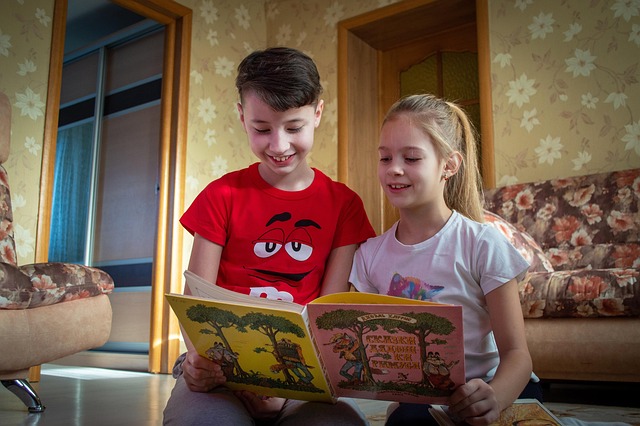
Screen Time and Kids: A Gentle Guide to Digital Detox
- Post Time - 2025-06-28 13:06:19
In today’s digital age, children and teenagers are more connected to screens than ever before—smartphones, tablets, gaming consoles, televisions, and computers have become part of their daily lives. While we can’t overlook the educational and entertainment value of these devices, excessive screen time can overshadow their benefits and impact children’s overall well-being.
Surrounded by technology, many children find it difficult to replace screen time with alternative activities. As digital media becomes more immersive and addictive, parents and educators alike are recognizing the urgent need to reduce children’s screen exposure and guide them toward healthier habits.
- What is a Digital Detox?
A digital detox for children involves taking regular breaks from digital devices and replacing screen-based activities with offline experiences. It serves as a “mental reset” that helps children reconnect with the real world, bond with family members, and develop a more balanced relationship with technology.
Importantly, a digital detox isn’t about completely banning screens—it’s about setting structured timeframes to limit use and introduce meaningful alternatives like play, conversation, and creativity.
- The Negative Impact of Excessive Screen Time on Children
1. Physical Health Risks
• Sedentary behavior can contribute to weight gain and obesity.
• Prolonged screen use may cause eye strain, dryness, and headaches.
• Poor posture can lead to neck, shoulder, and back pain.
• Blue light exposure disrupts natural sleep cycles.
2. Mental and Emotional Well-being
• Excess screen time, especially social media, is linked to anxiety, stress, and low self-esteem.
• Children may develop “FOMO” (Fear of Missing Out), leading to emotional instability.
• Reduced focus and attention span are common in kids overly exposed to fast-paced digital content.
3. Social and Developmental Effects
• Decreased face-to-face interactions can delay language development and weaken social skills.
• Overuse of screens can hinder academic performance and stifle creativity.
4. Parent-Child Bonding
• Screen time can replace valuable bonding moments, reducing quality time and emotional connection within families.
- How Much Screen Time Is Too Much?
While screen use varies based on age and purpose, general guidelines suggest moderation:
• Children (8–12 years): Limit to around 4–6 hours per day (including educational use).
• Teenagers: May spend up to 9 hours, but ideally, this includes homework and educational tools.
Research from 2015 showed that children aged 5–16 spent an average of 6.5 hours a day on screens, compared to just 3 hours in 1995—a concerning shift that continues to rise.
- How Can Parents Encourage Healthy Screen Habits?
1. Promote Outdoor and Offline Activities
Encourage your child to explore hobbies like biking, drawing, playing sports, or reading. Shared activities also strengthen family bonds.
2. Set Clear Screen Time Boundaries
Define when, where, and how long children can use screens. Use apps or tools to monitor and manage usage.
3. Monitor Content
Stay aware of what your children watch, play, or browse. Choose age-appropriate content and discuss online experiences with them.
4. Lead by Example
Model a healthy digital lifestyle. Children mimic adult behavior—limit your own screen time, especially during meals or family time.
5. Make It Collaborative
Let kids have a say in planning their screen-free routines. When they feel involved, they’re more likely to cooperate.
6. Know When to Seek Help
If screen time becomes unmanageable or affects your child’s behavior and well-being, don’t hesitate to consult a therapist or counselor.
- Final Thoughts
Let’s face it—screens are an inescapable part of modern life, and the goal of a digital detox isn’t to eliminate them entirely. Instead, it’s about restoring balance. A well-planned detox teaches children how to regulate their time, prioritize real-world experiences, and make healthier choices.
Start small: implement one screen-free change per week. Replace idle scrolling with shared stories, laughter, or outdoor games. Over time, these little changes can lead to a more mindful, connected, and joyful family life.
Benefits of a Digital Detox for Children:
• Better sleep quality
• Improved focus and creativity
• Stronger family bonds
• More active lifestyle
Remember:
Digital detox is not about restriction—it’s about reconnection.
With your love, guidance, and patience, your children may begin to choose time with you over time with a screen.
Enjoy the journey. Taste the beauty of parenting, one screen-free moment at a time
Maha Youssuf
Founder and Chief Editor
Mamas' Guides
June, 28, 2025
0 Comment